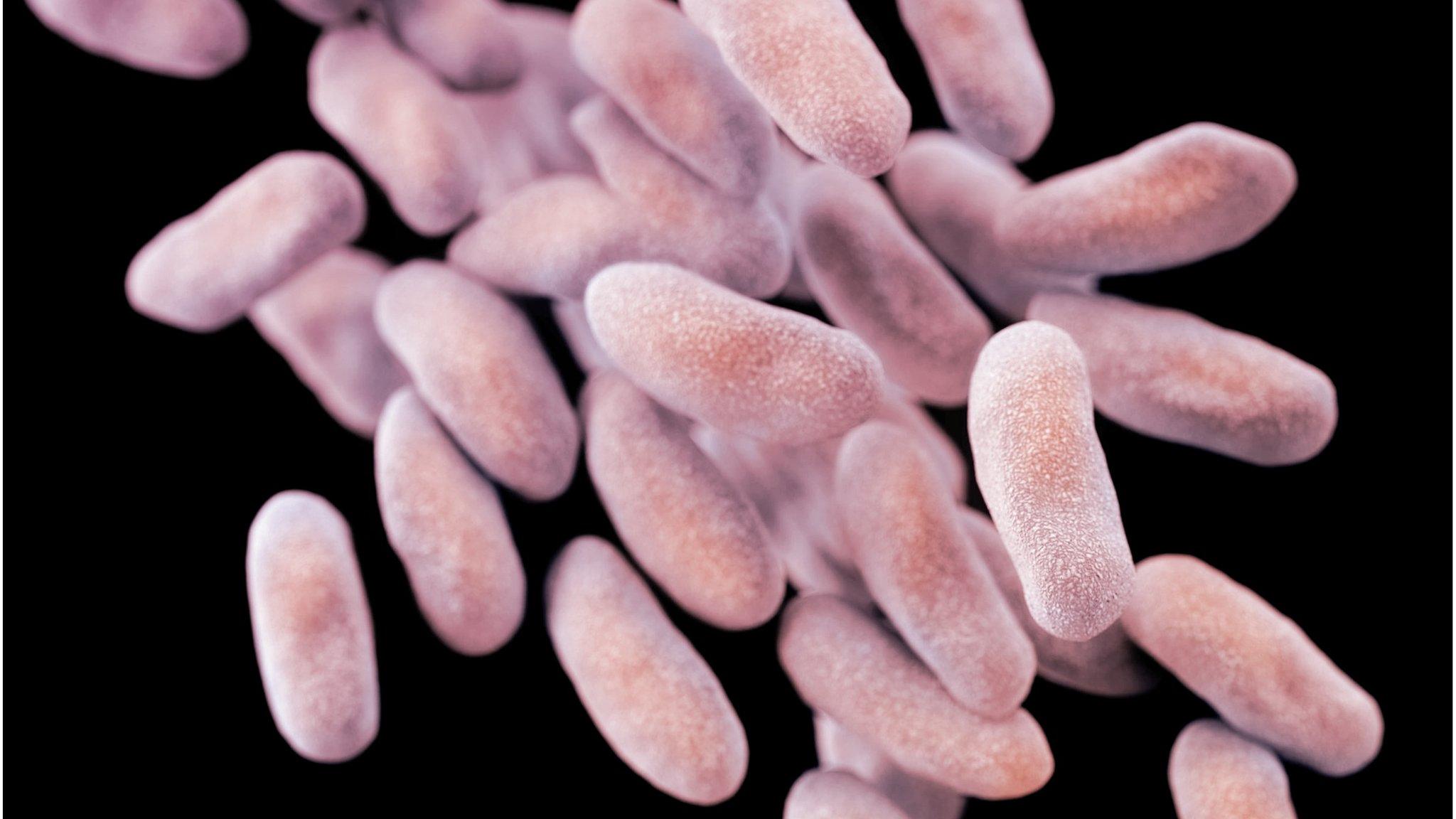Life Sciences Bridging Fund offers antibiotic 'lifeline'
- Published

A world where bacteria become resistant to antibiotics sounds like the plot to a sci-fi film.
Yet there is genuine concern these drugs are now so widely used we could soon enter a post-antibiotic world.
To tackle this, ground-breaking research into potential new drugs to combat resistance is being carried out at universities.
In Wales, these studies are being given a lifeline thanks to a Welsh life sciences fund.

In the past, many ideas have not progressed because the stage they were at was too early for companies to develop the research.
Experts call this "the valley of death" for potentially significant initial academic findings.
The Life Sciences Bridging Fund, external, which has been operating for almost a year, has been aimed at getting the best Welsh research through that vital stage.
It might then be able to put the work onto a commercial footing, creating businesses and highly-skilled jobs, as well as providing improvements to patient care.
The initiative has been operated by the Life Sciences Hub, with £3m funding from the Welsh government.
As it develops, the Welsh government could retain some intellectual property rights and a share of any business, meaning it would benefit from successful products.
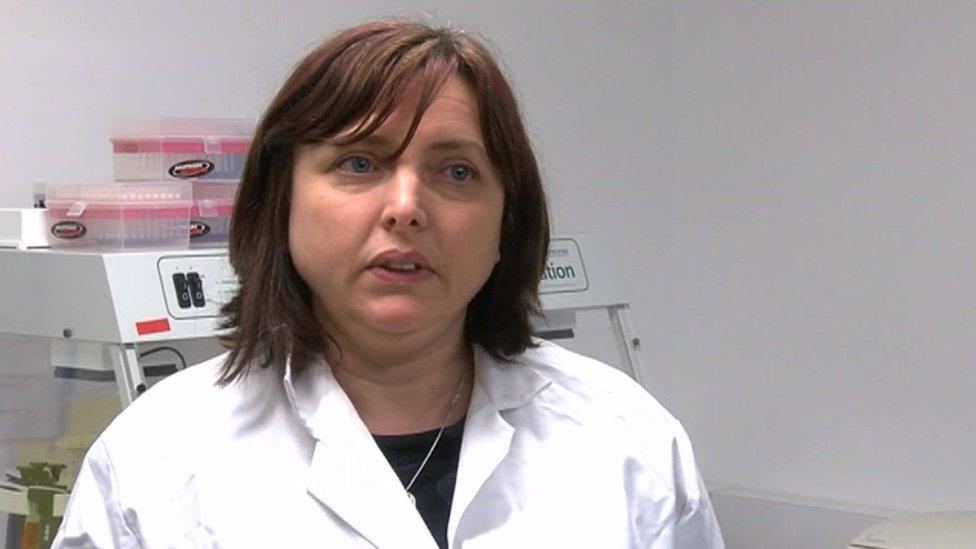
Dr Sharon Huws from Aberystwyth University
The fund has supported drug discovery, medical devices and vaccines - along with the research of Dr Sharon Huws from Aberystwyth University.
She hopes her work on cows' stomachs could help tackle resistance in future and has already seen the benefits of the financing.
"Without this funding, certainly a lot of this would fall by the wayside and you would tend to publish [research] but it wouldn't go any further," she said.
"There has been quite a big push to get the government to step in and play a part in this. It's about protecting the public after all.
"We are all at threat because we can't treat these microbes anymore.
"The Welsh government have really pushed this [research] forward. They have provided so many funds through the life sciences network for drugs discovery which has been absolutely pivotal."
Economic viability
The development of replacement antibiotics is a major concern in global health. It has been estimated that by 2050, 10 million people every year will die across the world due to resistance.
Common infections could kill and many cancer therapies and surgeries which requires antibiotic treatment could be threatened.
At the World Economic Forum in Davos last month, leading pharmaceutical companies called for governments to do more to make it economically viable to develop new antibiotics.
Dr Huws said it would be "naive" to think researchers could find the ultimate antibiotic that would never generate resistance.
"These bacteria are clever," she said. "But we certainly need some which have reduced incidents of resistance."
- Published21 December 2015
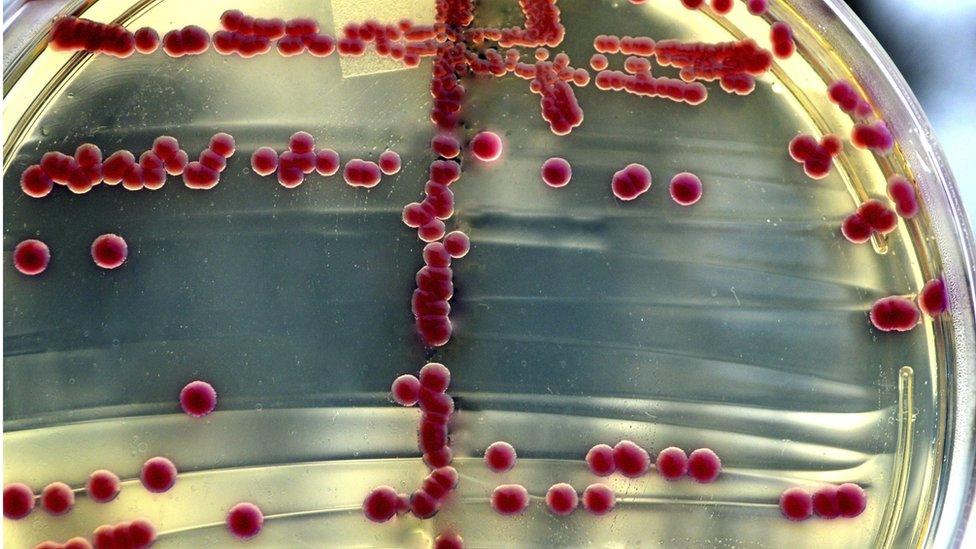
- Published21 January 2016
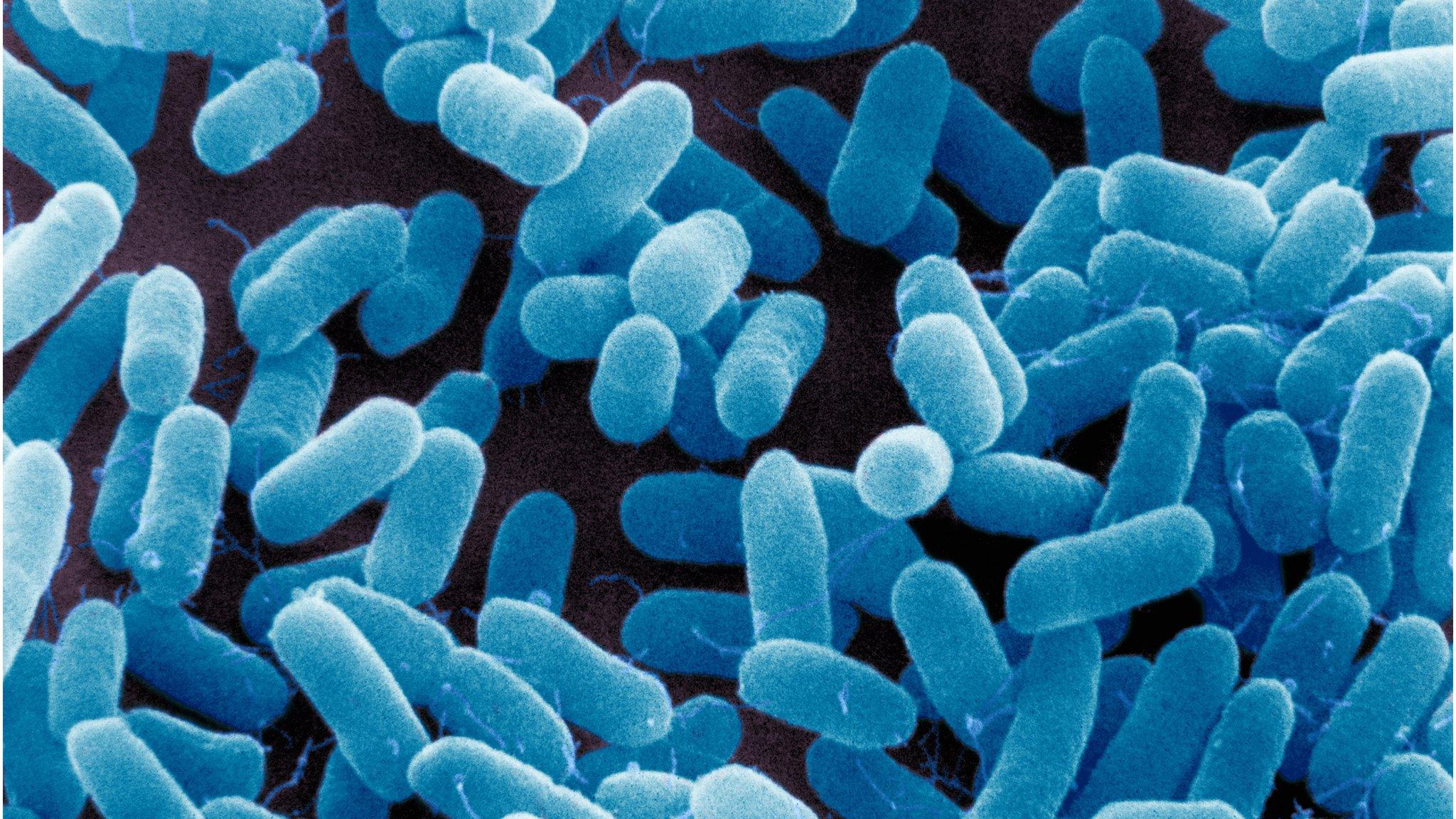
- Published18 November 2015
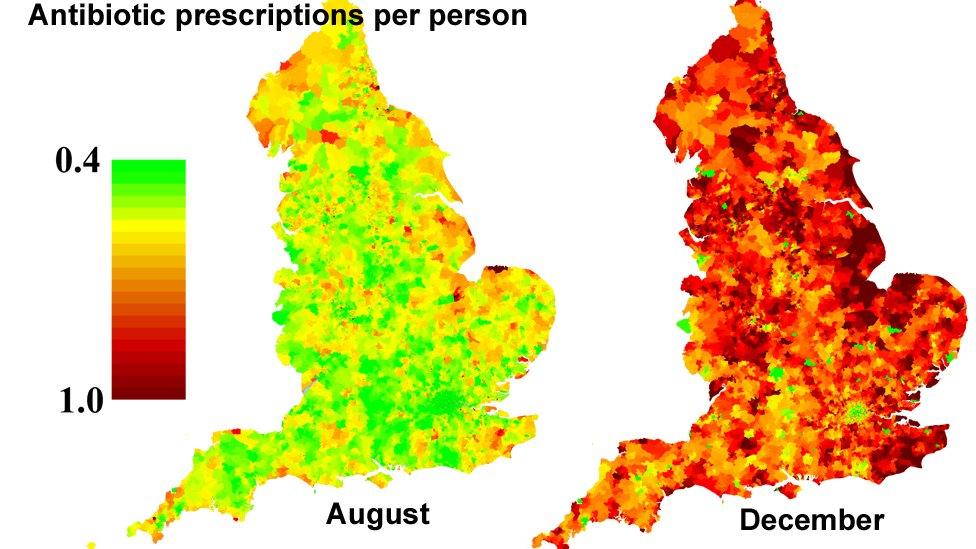
- Published16 October 2015
